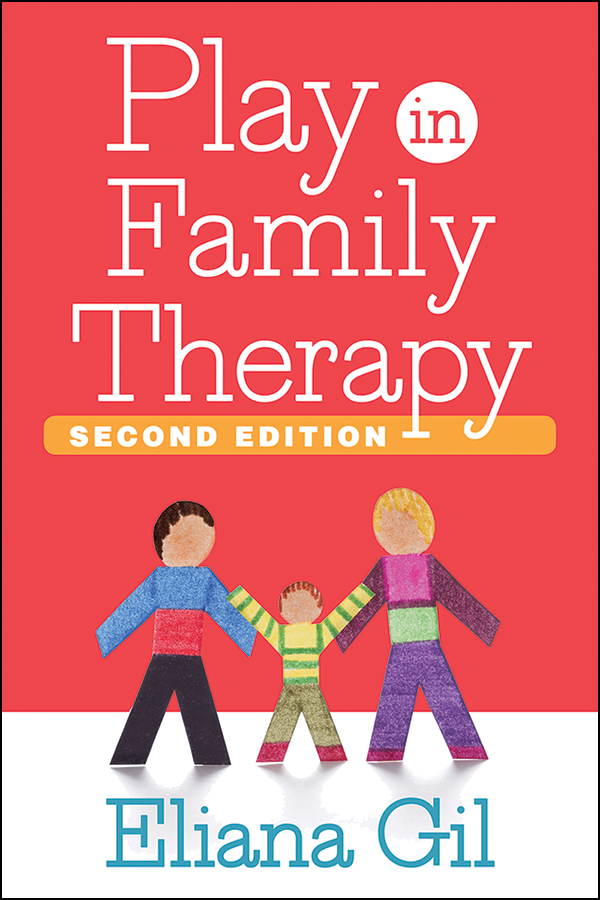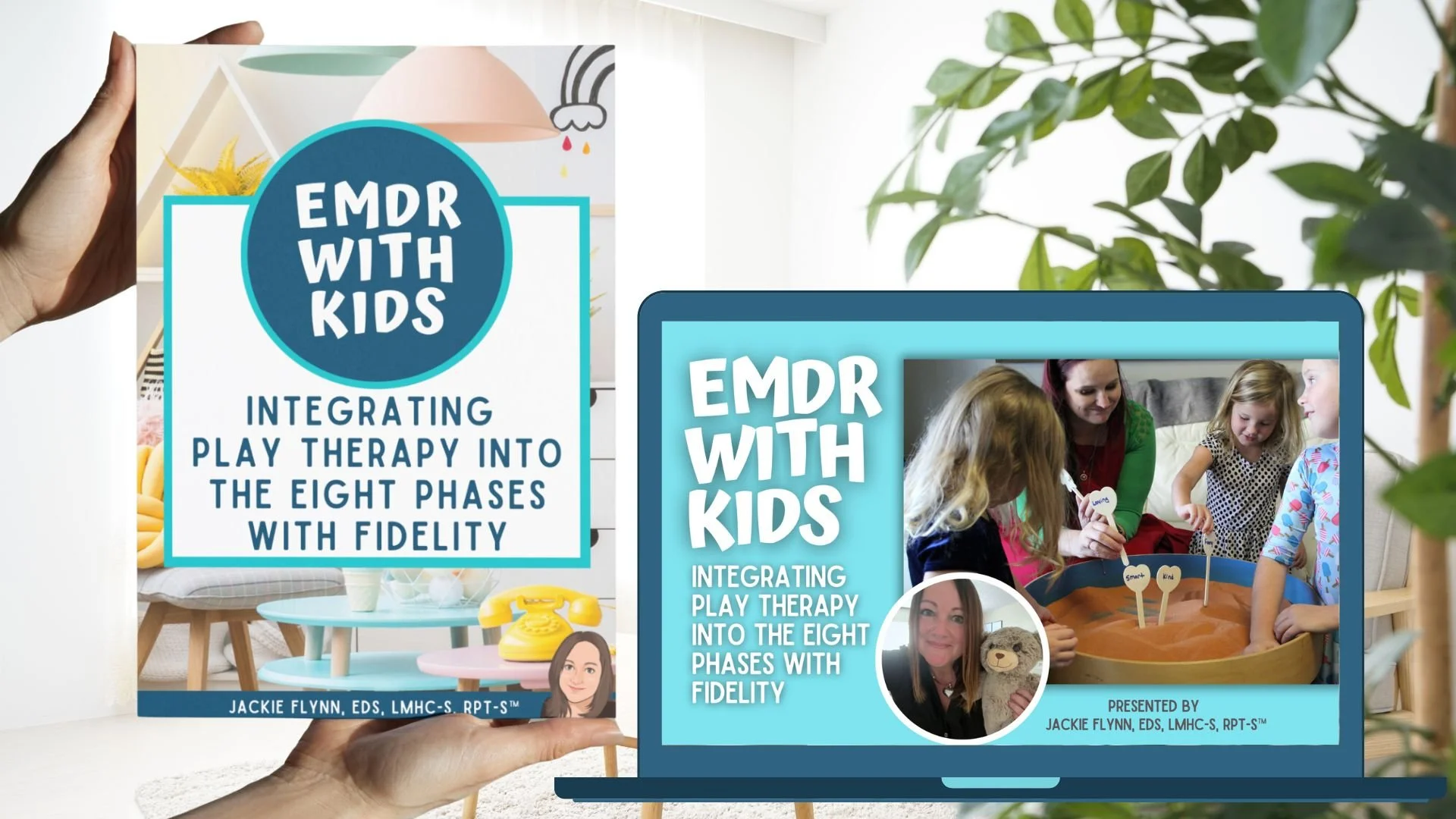Featured
Table of Contents
- – Understanding Whole-Person Restorative Methods
- – EMDR: Handling Trauma at the Source
- – Household Therapy: Recovering the entire System
- – Play Treatment: Satisfying Children Where They...
- – Person-Centered Treatment: Relying On Inner Wi...
- – DBT Skills: Practical Devices for Emotional Po...
- – Trauma-Informed Care: Safety First
- – On The Internet Treatment: Expanding Access to...
- – Taking the Holistic Technique
Mental health struggles rarely exist alone. Stress and anxiety impacts sleep, which affects family connections, which influences job performance, which feeds back right into anxiety. Anxiety does not just produce depressing sensations-- it transforms how you connect to your partner, moms and dad your kids, and appear on the planet. This interconnectedness is why whole-person treatment techniques regularly create better results than slim, symptom-focused treatment.
Understanding Whole-Person Restorative Methods
Whole-person treatment acknowledges that psychological wellness links with physical, psychological, relational, and spiritual health. As opposed to dealing with depression as simply a chemical discrepancy or anxiety as purely thought-based, this approach takes a look at the complete photo-- partnerships, injury history, body experiences, family members characteristics, lifestyle elements, and individual values.
Complete Vida Treatment exhibits this comprehensive strategy by integrating numerous evidence-based techniques including EMDR for trauma handling, family members systems therapy for relational recovery, person-centered treatment for authentic growth, play therapy for youngsters's psychological expression, and DBT skills for emotional regulation.
This integration enables therapists to deal with source as opposed to surface symptoms, producing long-term adjustment that splashes via every facet of life.
EMDR: Handling Trauma at the Source
Eye Movement Desensitization and Reprocessing has changed trauma therapy by targeting how stressful memories are stored in the brain. Unlike talk therapy that refines trauma cognitively, EMDR utilizes bilateral stimulation-- eye motions, touching, or acoustic tones-- to aid the brain reprocess traumatic memories and connected ideas.
The process includes recognizing target memories, measuring existing distress levels, utilizing reciprocal stimulation while refining the memory, setting up positive beliefs to replace unfavorable ones, and performing body scans to guarantee full handling.
Research demonstrates EMDR's efficiency for PTSD, childhood trauma, anxiousness disorders, phobias, despair and loss, and performance anxiety. Many clients experience substantial relief within 6-12 sessions, though complex trauma may need longer therapy.

What makes EMDR specifically important in whole-person therapy is its capability to address trauma impacting several life areas concurrently. Handling a youth injury usually improves adult relationships, reduces physical symptoms, and boosts emotional law-- all without comprehensive spoken processing.
Household Therapy: Recovering the entire System
Individual battles frequently come from or continue family system disorder. A teen's anxiousness might show parental problem. A moms and dad's anxiety impacts youngsters's behavior. Sibling competition typically masks much deeper add-on problems.
Family therapy checks out the family members as an interconnected system where each member impacts the whole. When communication breaks down, problems intensify, life changes create stress and anxiety, behavior concerns arise, or trauma impacts the family members, addressing the system creates better end results than treating individuals in isolation.
Efficient household therapy includes improving interaction patterns, determining and changing bothersome dynamics, enhancing psychological links, establishing conflict resolution skills, and handling shared or private injuries impacting the system.
Techniques like Architectural Family members Treatment analyze family members company and limits, Systemic Household Therapy explores patterns and roles, and Mentally Concentrated Household Therapy addresses accessory needs.
Full Vida Therapy incorporates EMDR right into family work-- specifically efficient when injury effects family working. Moms and dads can refine their very own childhood years injuries while at the same time enhancing present partnerships with their youngsters.
Play Treatment: Satisfying Children Where They Are
Kids commonly lack vocabulary or developing capacity to verbalize complex feelings vocally. Play therapy offers different expression through natural youth language-- play.
Through toys, art, narration, and structured activities, kids procedure stress and anxiety and concerns, job with terrible experiences, reveal hard feelings safely, develop analytic abilities, and develop self-worth and confidence.
Play treatment especially assists kids managing anxiety and concerns, trauma or misuse, despair and loss, behavior challenges, household shifts like separation, and social or psychological troubles.
Educated play specialists observe motifs, allegories, and patterns in children's play, stepping in therapeutically while keeping child-directed exploration. This strategy respects children's developing phase while attending to major mental health and wellness issues.
Person-Centered Treatment: Relying On Inner Wisdom
Created by Carl Rogers, person-centered therapy operates the idea that people possess natural capacity for growth and healing when given the ideal environment. As opposed to the specialist being the specialist who fixes troubles, they create problems for clients to uncover their very own solutions.
Core problems include unconditional positive regard-- approving customers without judgment, compassionate understanding-- deeply grasping the client's internal world, and congruence-- therapist credibility in the connection.
This technique integrates perfectly with other methods. EMDR can be supplied within person-centered framework. DBT abilities complement the self-directed growth emphasis. Family members therapy honors each participant's internal wisdom.
For clients previously hurt by instruction or pathologizing treatment, person-centered techniques supply healing through genuine link and rely on their durability.
DBT Skills: Practical Devices for Emotional Policy
Dialectical Behavior modification supplies concrete skills for handling frustrating feelings, improving relationships, and tolerating distress. Originally developed for borderline individuality problem, DBT abilities profit any person battling with emotional dysregulation, spontaneous behaviors, relationship conflicts, or suicidal patterns.
The four skill modules consist of mindfulness for present-moment recognition, distress tolerance for crisis survival, feeling policy for understanding and managing sensations, and social efficiency for healthy and balanced partnership navigating.
In whole-person therapy, DBT abilities complement much deeper processing work. Customers find out regulation devices while addressing underlying trauma with EMDR, practice communication skills while enhancing family characteristics, and establish distress tolerance while functioning with pain.
Trauma-Informed Care: Safety First
Trauma-informed techniques identify that terrible experiences fundamentally transform how people perceive safety and security, trust fund, and partnerships. Whether childhood years misuse, mishaps, clinical trauma, or various other overwhelming experiences, injury affects every facet of operating.
Trauma-informed treatment principles consist of developing safety physically and mentally, constructing credible restorative relationships, supporting client choice and collaboration, identifying social contexts and identification factors, and understanding injury's prevalent impact.
Whole-person therapy normally aligns with trauma-informed treatment due to the fact that it recognizes private symptoms frequently show systemic injury reactions. Family patterns may perpetuate trauma. Physical signs and symptoms may stand for unprocessed experiences. Relationship difficulties might stem from accessory interruptions.
On The Internet Treatment: Expanding Access to Comprehensive Treatment
Online therapy makes whole-person techniques obtainable no matter location. For family members in California seeking specialized treatment, on-line sessions get rid of geographic obstacles while preserving treatment high quality.

Research study confirms on the internet treatment generates similar end results to in-person treatment for anxiousness, clinical depression, trauma, and partnership issues. EMDR adapts successfully via screen-based reciprocal excitement. Household therapy works well in virtual layout, commonly with enhanced involvement when members sign up with from comfortable home settings.
Additional benefits consist of flexible scheduling around job and school, no commute time or childcare needs, comfortable home environment lowering initial anxiety, and access to specialized carriers throughout the state.
Taking the Holistic Technique
When mental health and wellness struggles impact multiple life locations-- partnerships, work, physical health, psychological stability-- resolving signs and symptoms in seclusion seldom creates long lasting change. Whole-person therapy acknowledges the interconnected nature of human experience and provides thorough therapy.
Whether trauma handling through EMDR, household recovery via systems work, children's emotional expression with play, or functional abilities via DBT, incorporated approaches deal with source while building sustainable wellness across all life domain names.
Full Vida Treatment's commitment to evidence-based, trauma-informed, culturally sensitive care provided with several techniques makes sure each client gets individualized treatment matching their distinct demands and situations.
Table of Contents
- – Understanding Whole-Person Restorative Methods
- – EMDR: Handling Trauma at the Source
- – Household Therapy: Recovering the entire System
- – Play Treatment: Satisfying Children Where They...
- – Person-Centered Treatment: Relying On Inner Wi...
- – DBT Skills: Practical Devices for Emotional Po...
- – Trauma-Informed Care: Safety First
- – On The Internet Treatment: Expanding Access to...
- – Taking the Holistic Technique
Latest Posts
Why Whole-Person Treatment Works When Conventional Methods Autumn Short
When Your Body Holds What Your Mind Can Not Refine: My Journey with Online Somatic Therapy
The Unspoken Reality of New Motherhood: How Family Planning & Fertility Struggles Transformed My Journey
More
Latest Posts
Why Whole-Person Treatment Works When Conventional Methods Autumn Short
When Your Body Holds What Your Mind Can Not Refine: My Journey with Online Somatic Therapy
The Unspoken Reality of New Motherhood: How Family Planning & Fertility Struggles Transformed My Journey